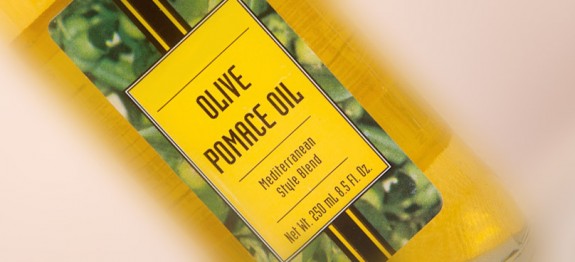What’s In a Name?
The United States is the land of opportunity. The opportunity to:
1. Call any sparkling wine champagne.
2. Call a red wine Bordeaux or Chianti even if it was grown, fermented and bottled thousands of miles from Bordeaux or Chianti.
3. Call mozzarella fresh when it has neither the taste nor texture of fresh Italian mozzarella.
4. Call any olive oil extra virgin when it doesn’t meet the International standards for extra virgin olive oil.
5. Call a low fat cream cheese Neufchatel when it is nothing like Neufchatel cheese.
The list goes on. Unlike countries that restrict what can be called Champagne or extra virgin olive oil, or even what can be sold as olive oil for human consumption, the United States has few restrictions regarding how manufacturers label products. Whereas, sparkling wines in Italy are called Spumante, some of the most insipid sparkling wines made in the United States can be called Champagne.
This is one reason why Americans traveling to Europe often comment how much better foods taste in Europe. They may experience an excellent wine, cheese or olive oil and then return home to find the American counterpart falls far short of the mark.
Olive oil is highly regulated for quality in Europe. Not so in the United States. After olives are pressed to release the oil some oil still remains in the pulp. To extract the remaining oil requires solvents similar to the process used to make canola, peanut and other edible oils. The solvent extracted oil cannot be labeled “olive oil”. Pumice olive oil can be refined for human consumption or for industrial uses. To improve the quality, pumice olive oil can be blended with olive oil or extra virgin olive oil. Pumice olive oil is the lowest grade olive oil sold for human consumption. Unlike the health benefits of olive oil and extra virgin olive oil, the refining process for pumice olive oil can produce polycyclic aromatic hydrocarbons (PAH) which can cause cancer. Several European countries have issued warning about pumice olive oil or imposed limits for PAHs.
Until a few years ago, pumice olive oil wasn’t sold in the United States. With increasing olive oil consumption olive oil producers are obtaining as much oil as they can from every olive. Manufactures are so frightened of raising prices to maintain quality, that they sacrifice quality to hold down the price. As a result, ricotta doesn’t have the same flavor and texture, dry mozzarella no longer produces endless strings of gooey melted cheese on pizzas (the amount of stringing is actually controlled and measured), and consumers pay inflated prices for inferior oil. And it’s all perfectly legal.
So fresh fruits and vegetables aren’t really fresh, many brands of ice cream now have more milk than cream, artificial flavors and colors are used to enhance foods, low fat foods can have the same number of calories as their full fat counterparts, products labeled whole grain can be mostly refined white flour, etc, etc, etc.
The big looser, except when it comes to cost, is the American consumer. A population raised on laboratory formulated and highly refined foods rather than wholesome fresh foods willingly accept inferior products if the price is right. Higher prices generally means higher quality especially when it comes to fresh fruits and vegetables.
The next time you shop for extra virgin oil or a bottle of Champagne for a special occasion check the label for country of origin. French Champagne can be expensive and some are very good, but you may or may not prefer the real thing to their American counterparts.


